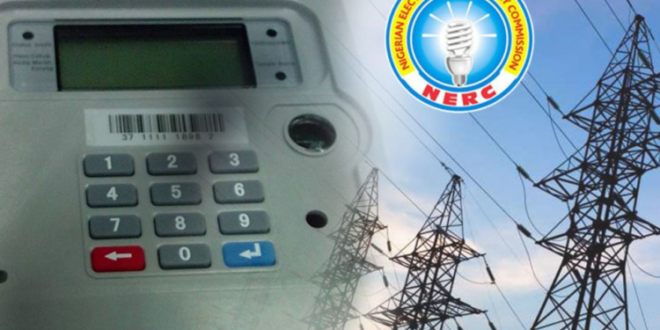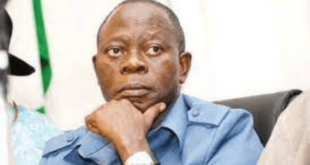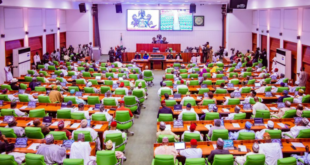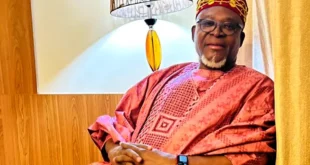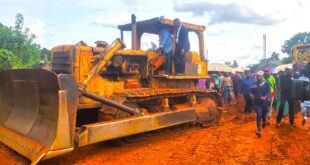Nigeria has announced a hike in electricity tariffs for certain consumers, leading to significant backlash from the public and members of the ruling All Progressives Congress (APC).
Amid the growing discontent, Nze Chidi Duru, the Deputy National Organizing Secretary of the APC, has called for a revocation of the concession agreement with the electricity providers, citing monumental failures in the sector.
The new tariff structure, which includes segmentation of consumers into different bands, has been met with criticism, as it disproportionately affects residents and businesses in certain areas such as Asokoro and Maitama.
Duru argues that this policy is unjustifiable and has unintended consequences for both the government and the APC.
Nigerians have long been burdened with the responsibility of funding installations such as transformers, cables, and other electrical equipment, which are supposed to be provided by the Distribution Companies (DISCOS) and, in some cases, the Generating Companies (GENCOS).
This situation is a clear indication that the service providers have failed to live up to their contractual obligations.
Duru has called for a review of the concession agreement, emphasizing that there is sufficient reason to take over the agencies if the terms of the contract have been breached.
He further stated that the electricity providers lack the necessary experience and investment to improve the power situation in the country, leading to a continued reliance on alternative power sources and diesel generators.
Comparing the electricity sector to the telecommunications industry, Duru highlighted the success of the Nigeria Communications Commission (NCC) in regulating the sector and ensuring cost-effective services for consumers.
He urged the Nigerian Electricity Regulatory Commission (NERC) to follow the NCC’s example and hold the electricity providers accountable for their failures.
The government has been criticized for its role in subsidizing the electricity sector, with interventions from the Central Bank of Nigeria (CBN) amounting to N3 trillion.
Despite these efforts, the power situation in Nigeria has not improved significantly, with many areas still experiencing frequent blackouts and inadequate power supply.
The electricity tariff hike has placed an additional burden on Nigerians, who are already grappling with high inflation and a lack of basic amenities.
The government’s inability to provide a stable power supply has forced citizens to rely on alternative sources of electricity, further exacerbating the problem.
As the backlash against the tariff hike continues to grow, the APC and the government must address the concerns of the citizens and take decisive action to rectify the situation.
Failure to do so could have severe consequences for the electoral viability of the ruling party and the overall well-being of Nigeria’s population.
Subscribe to the Advocate News letter and receive news updates daily in your inbox.
 Advocate.ng Latest news update on politics, entertainment, sport and more
Advocate.ng Latest news update on politics, entertainment, sport and more
